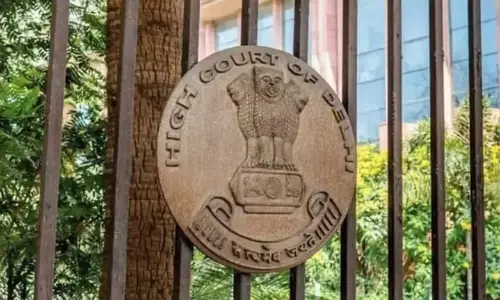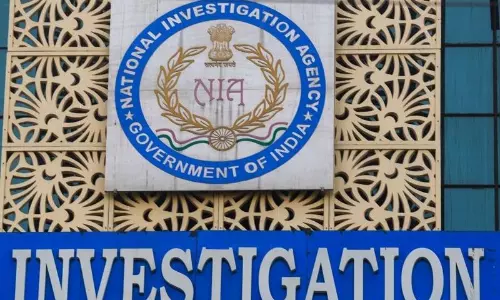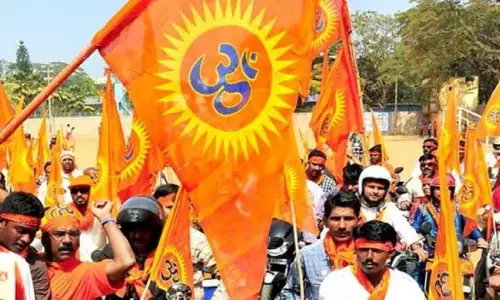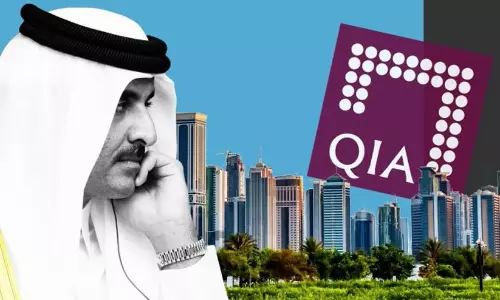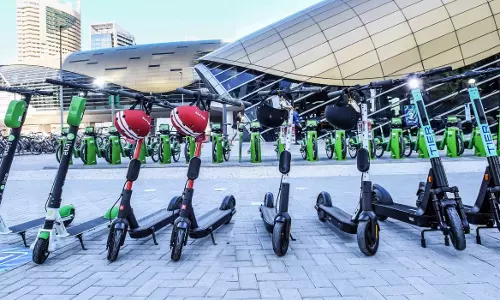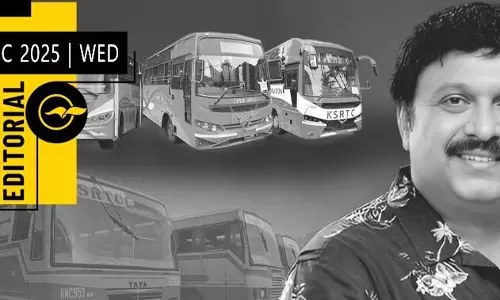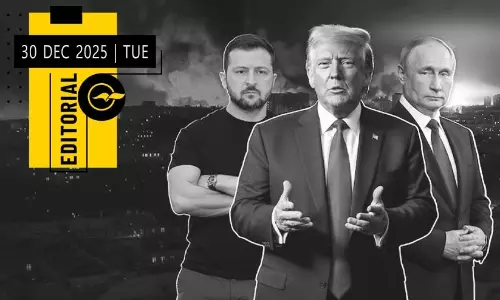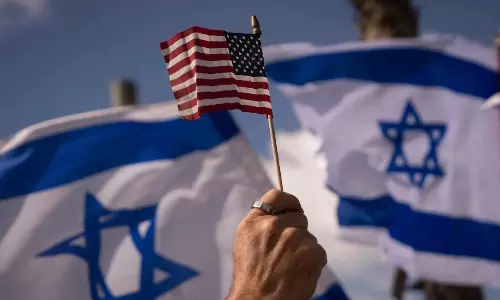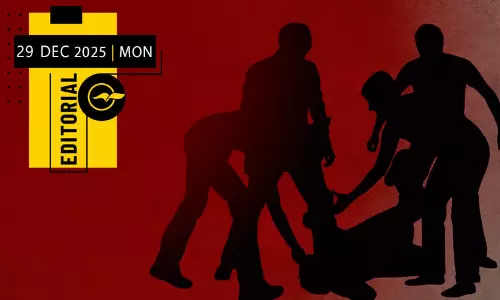
Collective Muslim leadership is the need of the hour
text_fieldsIndian Muslims have been in news since 2014 and continue to grab the limelight after 2019 elections. Triple Talaq, lynchings, hate crimes and NRC have been the major issues that repeatedly bring the community in focus. These issues have exposed not only the fault lines in Muslim leadership but also the lack of any leadership within the community.
Muslims have had many politicians, some who held prominent posts but there is a huge void in terms of leadership. Media has tried to portray a few Muslim politicians as the leaders of the community, missing a vital point that Indian Muslims are a very diverse group and no one leader can represent Indian Muslims. Azam Khan and Asaduddin Owaisi are the two favourites of Indian media. Azam Khan is mostly in news for some ridiculous statement while Owaisi is projected as the new vocal voice of Indian Muslims. If not for the obsession of media, Azam Khan's popularity would be restricted to his constituenc, while Owaisi is comparatively more famous amongst the yourh, but even his reach is restricted to Hyderabad and Aurangabad. The Muslim politicians from secular parties have long lost the credibility amongst the Muslim masses. The silence of opposition parties when it concerns the minority issues has further affected the credibility of Muslim politicians from these parties.
Right after independence, the leadership mantle was passed onto the elite Muslims, most coming from political families or with political connections. These politicians concentrated more on political careers than on the upliftment of the community. On the other hand, political parties in the name of appeasement patronised local strong men who had some hold on the Muslim masses. Most were uneducated and indulged in arm-twisting to get votes for the parties that patronised them. So the Muslims were represented either by the sophisticated, elite Muslims or by the the loud mouthed, unpolished local musalman leader. While the former was unaware of or indifferent to the problems of common Muslims, the latter was adding to the problems of the Muslims with statements that embarrassed the Muslim community, further highlighted by the media that ran endless shows and debates on such statements. The embarrassed silence of common Muslim was portrayed as their support, leading to isolation of the community from the mainstream society.
So where does it leave the community in regards to leadership issue? The fact is that Indian Muslims cannot be represented by a single leader but they need many leaders who can not only represent Muslims from different regions but also stand with them at times of crisis. Regional Muslim voices who speak for the community without being apologetic about their Muslim identity but also understand the changing socio-political dynamics in the new political scenario. While low literacy rate and economic instability have been the major issues faced by the community from long, under the new government Muslims face many more challenges, most important being the NRC issue, changes in the personal laws and the increasing hate crimes in northern belt under the pretext of beef laws and love jihad. The regular dehumanising of Muslims by the media further adds to the problems leading to isolation of the community.
The issues faced by the Muslims are complex and no single leader can address these issues. The focus currently should be on multiple voices, who are educated, informed and confident of facing the challenges. And more importantly voices who have a connect with the common Muslims, not elite arm chair activists but people who work on the ground level. People who can act as a bridge between the establishment and the common Muslims, people who can raise their voice on critical issues without disrupting communal harmony, people who can show solidarity with the victims of hate crimes and demand justice. A collective leadership that works on multiple levels will be the answer to the leadership crisis faced by the community.
This may sound far fetched or unrealistic, but it is not impossible. History has shown that some of the most popular and tough voices have emerged when the situation was bad. Martin Luther King, Gandhi, Nelson Mandela have all emerged when things were extremely bleak. Muslim community should start looking out for such new voices and encourage them to take the mantle. These new voices need not be politicians or affiliated to political parties but can be activists, writers and thinkers who can emerge as leaders speaking on the issues faced by Muslims in various places. The issues faced by north Indian Muslims are different from that faced by south Indian Muslims and the challenges faced by Muslims in Kashmir and Assam are more crucial and complicated. Hence a single leader cannot truly represent Indian Muslims nor address the challenges faced by them. Educated Muslims need to be more proactive, work for the community and also be the voice of the marginalised. Let us hope we are able to rise up to the task and not let down our future generations.
As someone rightly said “Leadership is not about you; it's about investing in the growth of others.”




